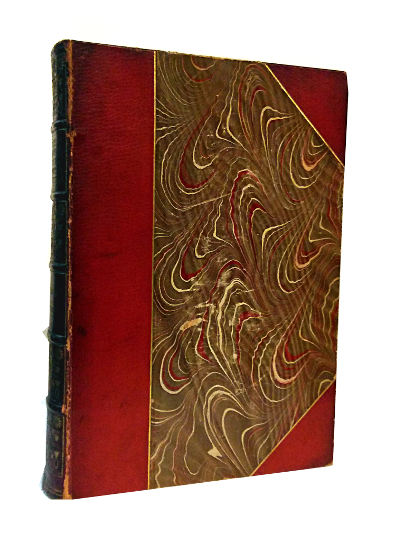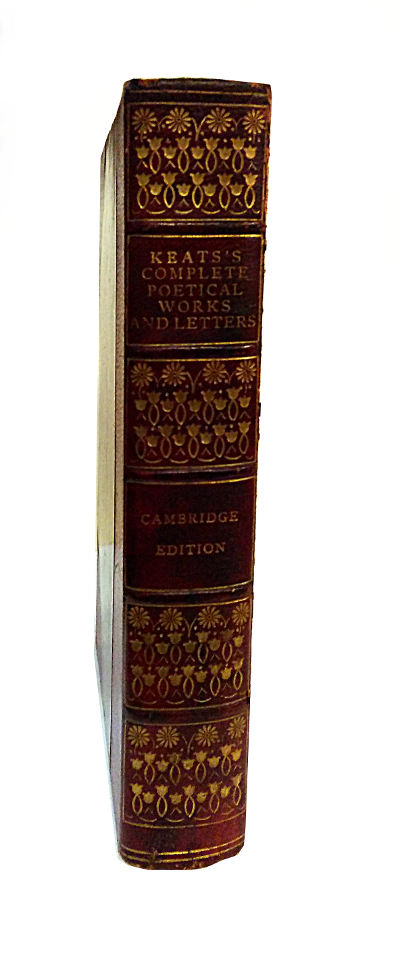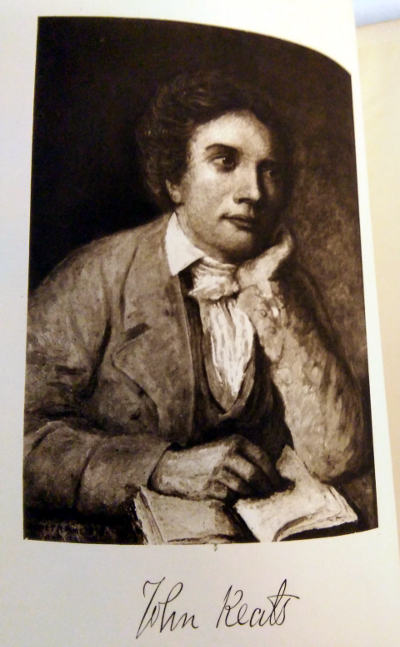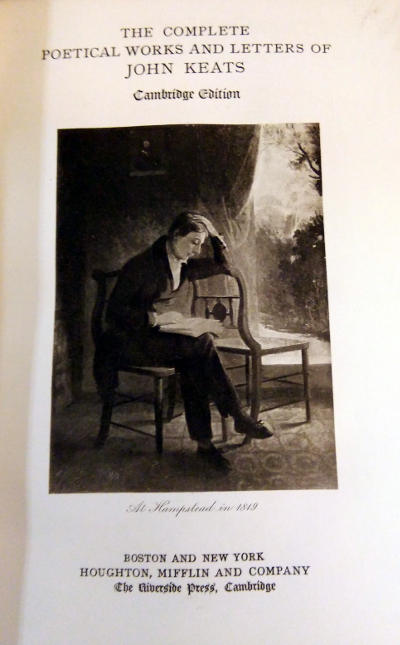About John Keats:
‘I think I shall be among the English Poets after my death,’ John Keats soberly prophesied in 1818 as he started writing the blankverse epic Hyperion. Today he endures as the archetypal Romantic genius who explored the limits of the imagination and celebrated the pleasures of the senses but suffered a tragic early death. Edmund Wilson counted him as ‘one of the half dozen greatest English writers,’ and T. S. Eliot has paid tribute to the Shakespearean quality of Keats’s greatness. Indeed, his work has survived better than that of any of his contemporaries the devaluation of Romantic poetry that began early in this century. Jorge Luis Borges, for instance, stated that his first encounter with Keats was the most significant literary experience of his life.
‘No one else in English poetry, save Shakespeare, has in expression quite the fascinating felicity of Keats, his perception of loveliness,’ said Matthew Arnold. ‘In the faculty of naturalistic interpretation, in what we call natural magic, he ranks with Shakespeare.’
Excerpt:
On the Grasshopper and Cricket
The poetry of earth is never dead:
When all the birds are faint with the hot sun,
And hide in cooling trees, a voice will run
From hedge to hedge about the new-mown mead;
That is the Grasshopper’s – he takes the lead
In summer luxury, – he has never done
With his delights; for when tired out with fun
He rests at ease beneath some pleasant weed.
The poetry of earth is ceasing never:
On a lone winter evening, when the frost
Has wrought a silence, from the stove there shrills
The Cricket’s song, in warmth increasing ever,
And seems to one in drowsiness half lost,
The Grasshopper’s among some grassy hills.





